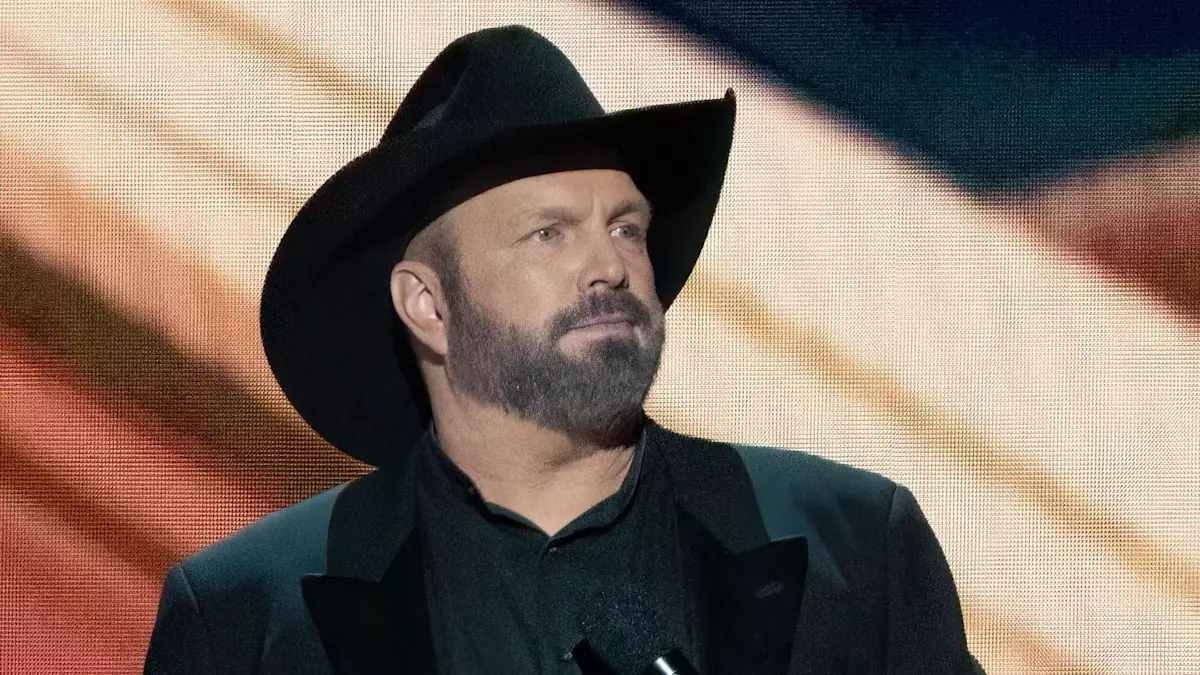The world of entertainment often finds its stars embroiled in controversies that can tarnish their legacies and careers. Recently, country music icon Garth Brooks has made headlines following serious allegations of rape, sexual assault, and battery brought forth by an unnamed female plaintiff known as Jane Roe. This case is not just a tale of accusations and defenses; it represents broader issues surrounding power dynamics, gender relations, and the implications for both the accused and the accuser.
The allegations against Brooks stem from events that reportedly took place between 2017 and 2019, primarily related to his former hairstylist. According to the legal documents, the plaintiff claims that Brooks, in a position of power, displayed inappropriate behavior that escalated to outright assault. She details incidents where Brooks allegedly undressed in her presence, exposed his genitals, and initiated explicit conversations about sexual fantasies. The situation reached a boiling point during a trip to Los Angeles for the Grammys, where the victim describes a scenario of physical domination and coercion.
These claims initiate a difficult conversation about workplace dynamics, particularly in industries like entertainment, where the balance of power can skew dramatically. Employees often find themselves vulnerable to the whims of those who hold power, leading to situations that may go unreported due to fears of retaliation or disbelief.
In response to these allegations, Brooks has not remained silent. He has openly denied the accusations, calling them “lies” and describing the situation as a form of extortion. In a statement, Brooks expressed frustration at what he termed harassment, suggesting he was being pressured to pay off the plaintiff to maintain his public image. His assertion that accepting any form of hush money would imply guilt highlights the complex interplay between public relations and personal accountability in these types of cases.
Brooks has also launched a preemptive lawsuit in Mississippi aimed at halting the publication of these allegations. His legal strategy aims to protect his reputation and career, while simultaneously casting doubt on the motives of his accuser, whom he labels as a “lying extortionist.” This reaction could be viewed as an attempt to regain control over a narrative that has evidently spiraled out of his grasp. However, it also raises questions about the nature of accountability and whether fighting back against accusations might further entrench survivor silence in similar incidents.
The legal intricacies of this case are too critical to overlook. Legal battles in sexual misconduct cases often become replete with emotional and societal implications. For the individual making the accusations, the act of coming forward can be a long road fraught with psychological pain, potential public scrutiny, and significant emotional tolls, which, in this case, reportedly culminated in thoughts of self-harm.
On the other hand, the presence of high-profile figures in sexual assault lawsuits often complicates the landscape. Many take to court armed with an arsenal of resources that magnify their voices, often overshadowing those of their accusers. Statements from attorneys representing the plaintiff underscore the importance of acknowledging sexual misconduct across all public platforms, advocating for a supportive legal environment for survivors.
Brooks’ case illustrates a pivotal moment in the ongoing discussion of sexual misconduct, especially as it pertains to the entertainment industry. Allegations against a beloved figure in country music not only threaten one man’s reputation but also serve as a catalyst for conversations about the culture of silence that has persisted in many spheres. The public’s reaction to these allegations can pave the way for either a more transparent discussion about sexual misconduct or further burying of survivors’ stories.
This instance also highlights the societal tendency to idolize public figures, often overlooking their flaws until they become undeniable. The clash between personal adoration for a celebrity and the harsh reality of their actions creates a complex emotional landscape for fans.
As the case against Garth Brooks unfolds, it serves as a reminder of the complexities intertwined in accusations of assault, particularly against those in power. While Brooks continues to assert his innocence, the pursuit of truth remains imperative, not only for the individual involved but for society at large. As the entertainment industry reckons with its history, cases like Brooks’ highlight the urgent need to create a safe space where victims can speak out without fear of repercussion. The outcome of this litigation will be closely watched, potentially marking another significant chapter in the evolving narrative around sexual misconduct in the public sphere.


Leave a Reply